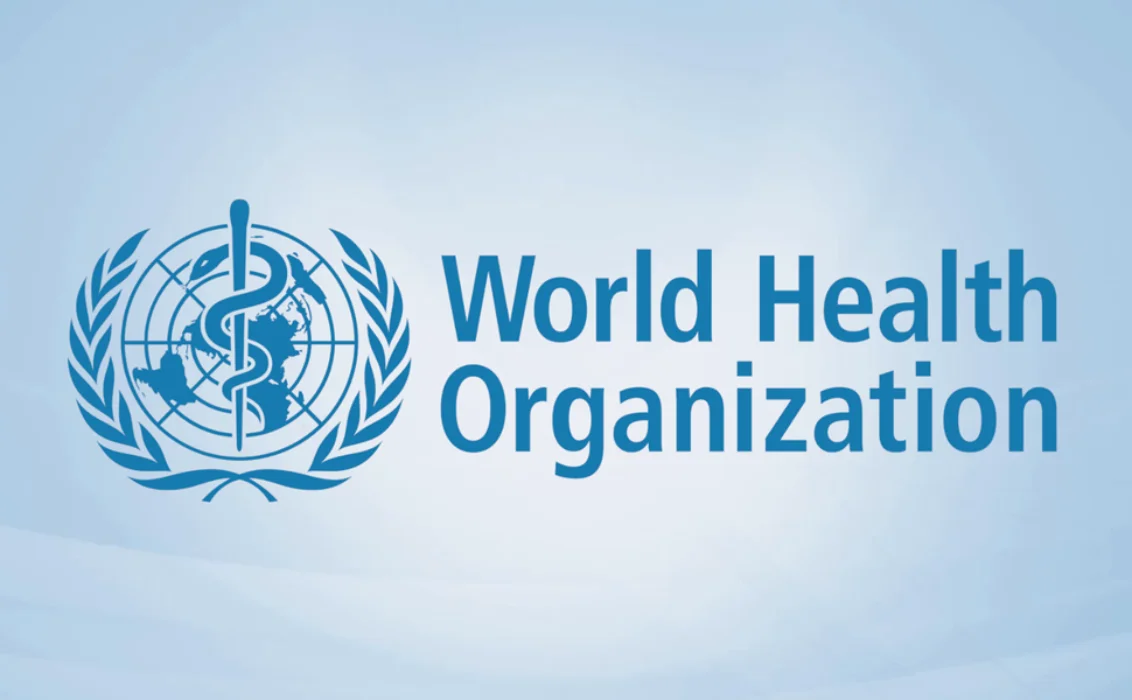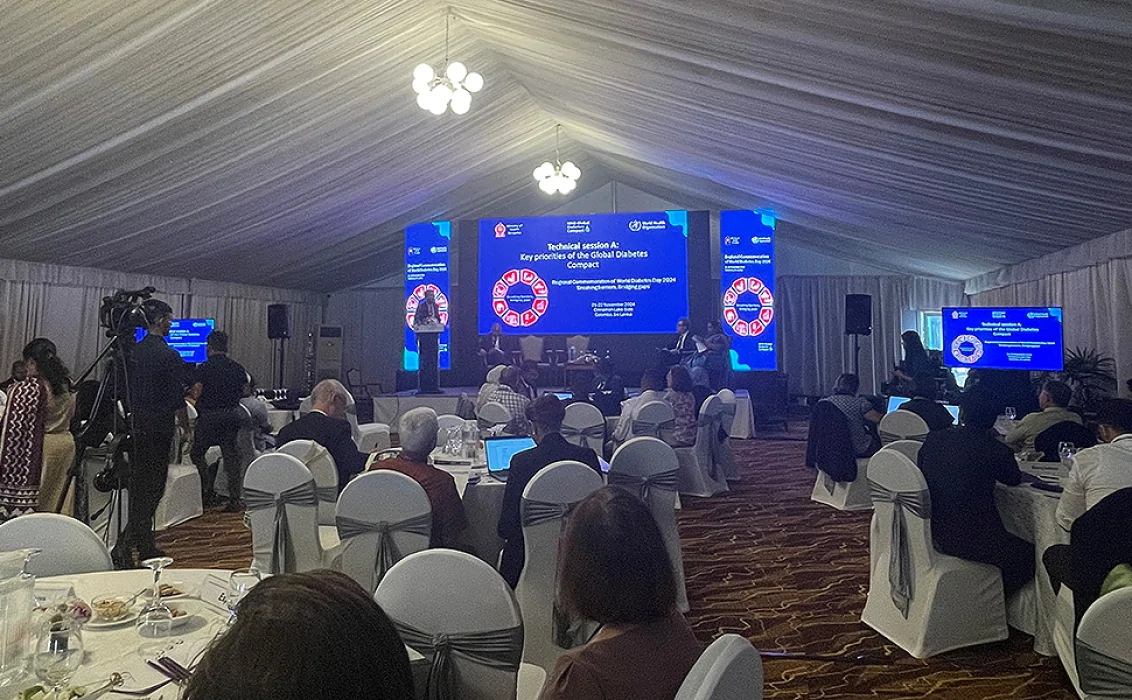On January 28, the 150th session of the WHO Executive Board (24-29 January, 2022) discussed a biennial report by the Director General on the implementation plan on material, infant and young child nutrition.
IDF, WCRF International, World Obesity, UICC, FDI World Dental Federation and NCD Alliance released the following constituency statement in relation to the report:
This constituency, with support from NCD Alliance, welcomes the report by the Director-General on progress on the implementation plan on maternal, infant and young child nutrition. Supporting the health and nutrition of mothers and children is vital for ensuring healthy, prosperous societies. However, countries are off track to meet childhood obesity targets, with rates nearly doubling every 10 years.
While some progress was made to create healthy food environments, gaps remain. Less than half of all Member States have enforced sugar-sweetened beverage taxes, implemented restrictions on the promotion and sponsorship of breast-milk substitutes containing free sugars, or introduced front-of-pack labelling. Opportunistic marketing of unhealthy commodities rose during the COVID-19 pandemic. Member States must take strong action to address commercial determinants of health and protect populations from dangerous promotion strategies including digital marketing.
Compliance with the International Code of Breast-milk Substitutes Marketing is unacceptably low, and we urge Member States take action to protect populations from the harmful effects of Code violations. Breastfeeding promotes the healthy growth and development of children, protects against overweight and obesity, caries and diet-related NCDs such as cancer in later life, as well as protecting the mother against breast cancer.
We welcome the recommendation to develop guidance for Member States on regulatory measures aimed at restricting the digital marketing of breastmilk substitutes which undermines the health of infants and mothers, and urge Member States to support this Decision.
We call on Member States to:
• Protect and promote breastfeeding as a powerful and cost-effective double-duty policy action to save lives and boost health of infants and mothers
• Put children’s and mothers’ health ahead of commercial interests by protecting policy development
• Adopt and enforce legal measures to strengthen implementation and monitoring of the Code and strategies to tackle digital marketing.



